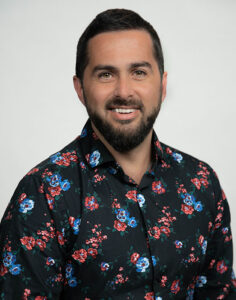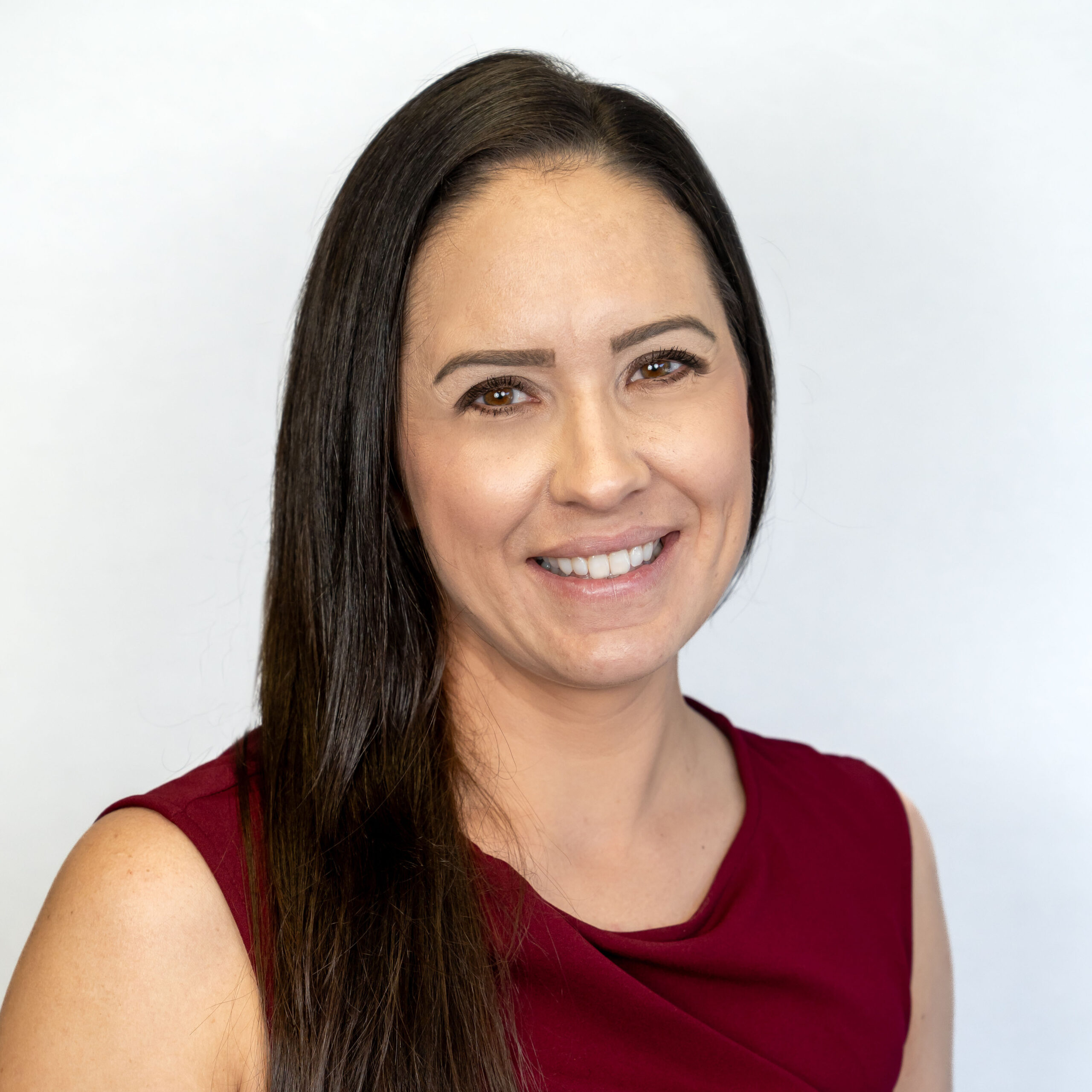Why AI Chatbots Can’t Replace Mental Health Care

Artificial Intelligence (AI) has been making headlines in many areas of life—from customer service to creative tools—and more recently in the world of mental health. Some young people are turning to AI chatbots for advice or emotional support. While these platforms may seem convenient and available “anytime,” experts warn that relying on AI for mental health can be risky, especially for teens.
The Appeal of AI for Teens
It’s easy to see why young people are drawn to AI chatbots. They’re free, available 24/7, and can feel less intimidating than opening up to a parent, teacher, or doctor. Teens may ask chatbots questions about stress, body image, or relationships, hoping to find reassurance. For some, the technology may feel like a safe place to share private thoughts without fear of judgment.
The Risks of Relying on Chatbots
The problem is that AI is not a trained mental health professional. It works by pulling patterns from data—not by understanding emotions or providing personalized medical advice.
Lack of Safeguards: Unlike a counselor or physician, a chatbot cannot recognize when a child is in crisis and urgently needs intervention.
Misinformation: AI may provide inaccurate or even harmful responses, particularly around sensitive topics like eating disorders or depression.
No Human Connection: Healing often comes from receiving empathy, listening, and guidance—all of which require human understanding.
In some cases, teens have even used chatbots to hide unhealthy behaviors, such as restrictive eating or self-harm. Without safeguards, the technology may unintentionally reinforce harmful habits instead of helping.
“The limitations of AI chatbots for therapeutic applications have been seen already. Risks of encouraging self-harm are among the most serious concerns. It is imperative individuals seek out professionally trained help when they are struggling,” says Ryan Barnett, PsyD, a licensed psychologist who works closely with patients navigating complex mental health challenges.

Why Professional Care Matters
Mental health care is most effective when it comes from trained professionals who can recognize warning signs, tailor advice, and build trusting relationships. At Brevard Health Alliance, our behavioral health team provides support that goes beyond surface-level answers. We listen, we ask questions, and we work with families to create a plan for lasting well-being.
Professional care also offers:
- Early screening and diagnosis to identify concerns before they grow more serious.
- Evidence-based treatments backed by science, not algorithms.
- Collaboration with primary care so that mental and physical health are addressed together.
How F amilies Can Help
amilies Can Help
Parents and caregivers can play an important role in guiding kids toward safe, reliable support. We recommend that parents:
Have Open Conversations: Encourage your child to talk about stress, friendships, or worries.
Set Healthy Boundaries with Technology: Remind them that while apps and AI may offer quick answers, they’re not replacements for real care.
Know Where to Turn: Share resources such as school counselors, pediatricians, or behavioral health providers who can help.
Our Commitment to Safe, Effective Care
At Brevard Health Alliance, we believe every child and family deserves access to safe, compassionate mental health support. While technology can be a helpful tool in some areas of life, it cannot replace the expertise and care of trained professionals. If your child is struggling, reach out. We’re here to listen, guide, and walk alongside your family toward a healthier future.
Call or text us today at 321.241.6800 to discuss the right care for your child.

Ryan Barnett is our Director of Integrated Care & Psychological and licensed Doctor of Psychology. He holds degrees from Florida State University and Florida Institute of Technology.












































































































































